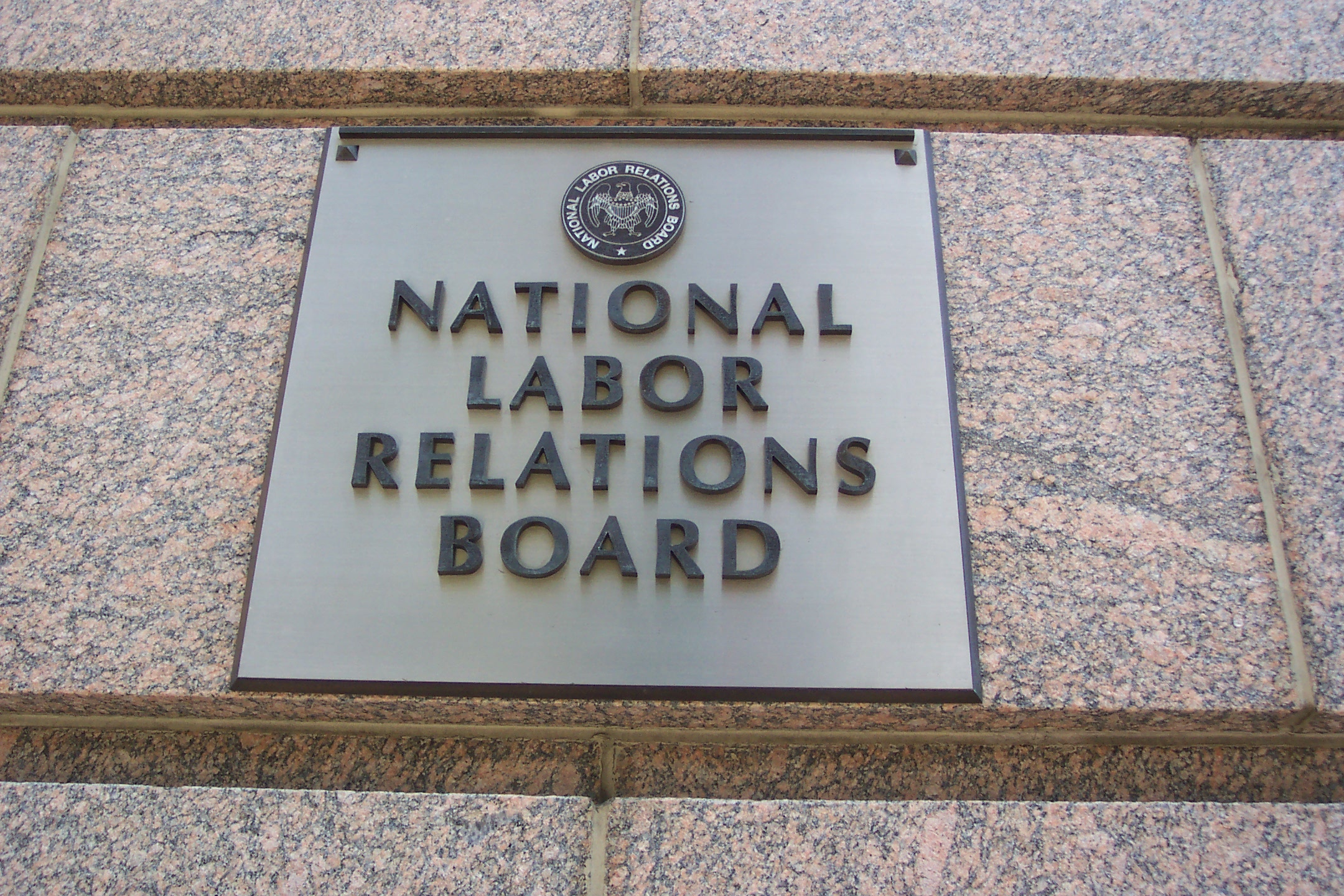On Tuesday, Judge Alan D. Albright of the Western District of Texas sided with Elon Musk’s SpaceX and ruled that the structure of the National Labor Relations Board (NLRB) is unconstitutional. Specifically, the judge ruled against the removal protections enjoyed by administrative law judges and the board’s members. The preliminary injunction will prevent the NLRB from pursuing an unfair labor practice charge against SpaceX, but as Matt Bruenig explains, “The real question is going to be what the Supreme Court does once this case makes it to their docket.”
The ruling is part of the fallout from the right-wing war on the administrative state, with the decision following the far-right Fifth Circuit’s ruling in SEC v. Jarkesy. The Supreme Court agreed with the Fifth Circuit in its decision on the case this term, but it did not touch the argument directly relevant to this case, leaving the Fifth Circuit’s ruling in place. Musk himself filed an amicus brief encouraging SCOTUS to make the decision it did, as did at least 13 groups linked to the Court’s right wing benefactors like Harlan Crow, Leonard Leo, and Charles Koch.
Musk has consistently been at war with the administrative state, and he is poised to have a lot of influence over a potential second Trump administration. Musk has started a pro-Trump super PAC and was reportedly part of a “secret lobbying campaign” encouraging Trump to pick J.D. Vance as his vice president. Trump has even floated an “advisory role” for Musk. To put it mildly, that’s not a great sign for workers — Musk has previously said that he “disagrees with the idea of unions.”
As our KJ Boyle wrote in January, several revolvers have been aiding the corporate attack on the NLRB. Harry Johnson, a Republican NLRB member during the Obama administration, was lead counsel for SpaceX in this case and argued on the company’s behalf that the structure of the NLRB, his former employer, is unconstitutional.
For his part, Judge Albright is a Trump-appointed judge who has previously come under fire for actively encouraging plaintiffs to bring patent cases in his court — a textbook case of “judge shopping.” At one point, he was hearing almost 25% of all patent cases in the country, and it got so bad that even Chief Justice John Roberts had to come out against Albright. After Senators Thom Tillis (R-NC) and Patrick Leahy (D-VT) wrote him a letter admonishing Albright’s tactics, Roberts voiced his concern about rules that “in effect, enable the plaintiff to select a particular judge to hear a case” and noted that “the Judicial Conference has long supported the random assignment of cases.”
We have written elsewhere about how critical the NLRB is in defending workers’ rights, so it’s no surprise that billionaires, corporate actors, and the extreme right’s hand-picked judges want it to be substantially weaker. That the billionaire-backed Supreme Court is likely to weigh in on this case does not give much cause for confidence.
“1099 14th Street – National Labor Relations Board – sign” by Geraldshields11 is licensed under CC BY-SA 3.0.

